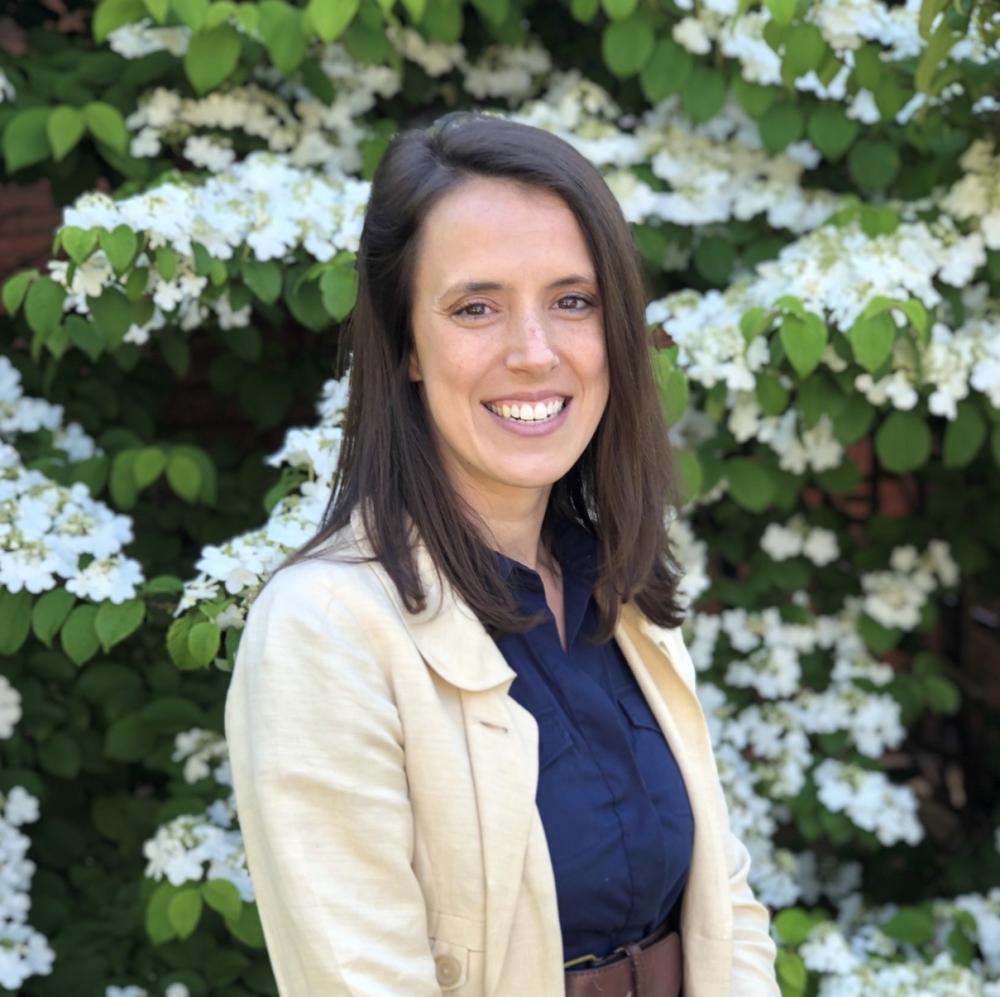
Organic rice brand Lundberg Family Farms is the latest to drop a new product bearing the Regenerative Organic Certified label. Set to hit store shelves in April, the brand’s new white basmati is the first U.S.-grown rice to be certified by the Regenerative Organic Alliance (ROA), and the company is looking to certify all of the organic rice it grows by 2027.
Unlike certified organic agriculture — which comes with government-imposed regulations in countries around the world — there are no regulatory or legal definitions for regenerative agriculture. It is widely acknowledged to be a set of production practices, such as cover-cropping and low-till practices which rehabilitate soils as well as the surrounding ecosystem. Still, it's often confusing for producers and consumers when there are few methods available to verify regenerative practices or certify products containing ingredients grown this way.
The ROA launched the Regenerative Organic Certified program in 2017 with the aim of clearing things up. The certification was developed with input from farmers, business leaders, soil scientists, animal welfare experts, and social equity leaders looking to scale regenerative agriculture. It uses the U.S. Department of Agriculture's Certified Organic standards as a baseline, with additional criteria around things like soil health, animal health and social fairness.
What is regenerative organic agriculture?
While all regenerative agricultural practices aim to improve soil health, the means by which growers do that can vary from farm to farm. “Regenerative systems are often context-specific, and certification should not be treated as one-size-fits-all. Each region and crop will need to implement different standards based on soil type, weather conditions, ecosystem and crop needs,” said Craig Stevenson, CEO of Lundberg Family Farms, in a statement.
Regenerative organic methods often include crop rotation, minimal soil disturbance, rotational grazing, and eliminating synthetic fertilizers, pesticides and herbicides, as well as maintaining land cover through either vegetative covers or mulch. For its part, Lundberg Family Farms increased the use of cover cropping, utilized recycled water for rice cultivation, and expanded wildlife habitat by flooding fields for wintering waterfowl in order to achieve Regenerative Organic Certification.
Regenerative Organic Certified: Does the market really need a new label?
Intensive industrial agriculture has wreaked havoc on both the world's topsoil and the climate. Some forecasts predict the planet only has 60 years of topsoil left for agricultural production unless growing practices shift dramatically. Additionally, the agricultural sector accounts for 11 percent of U.S. greenhouse gas emissions.
The goal of regenerative organic agriculture is to transform the agricultural industry, turning a problem into a solution. Practitioners aim to improve soils by increasing organic matter and sequestering carbon both below and above the ground through crop cultivation.
The USDA Certified Organic label began as one of the most robust industry standards ever imposed by Congress. But as the certified organic industry has grown, so has fraud and lobbying by large food corporations. This has led to a general public distrust regarding the meaningfulness of the label. Still, the global certified organic food and beverage market topped $200 billion last year and is predicted to grow another 13 percent annually through 2030.
Lundberg Family Farms was an early supporter of the certified organic movement and participated in the development of the USDA standards. Now, the company's leadership believe the development of regenerative organic standards will “help hold the industry accountable and build consumer trust.” The movement is picking up steam fast: 100 farms and over 700,000 acres were certified as regenerative organic last year, and over 50 brands licensed the label for their products.
Lundberg’s Regenerative Organic Certified white basmati rice will be available online and at Whole Foods Market nationwide on April 4. It joins a growing list of brands carrying the label — including Dr. Bronner's, Tazo Tea and Patagonia Provisions. Browse more Regenerative Organic Certified products at Patagonia Provisions and in the Regenerative Organic Certified directory.
Image credit: Lundberg Family Farms

Mary Riddle is the director of sustainability consulting services for Obata. As a former farmer and farm educator, she is passionate about regenerative agriculture and sustainable food systems. She is currently based in Florence, Italy.














